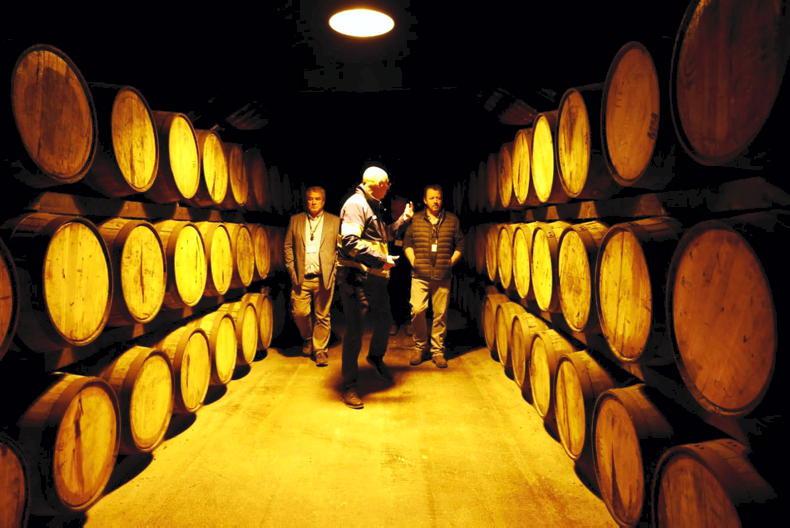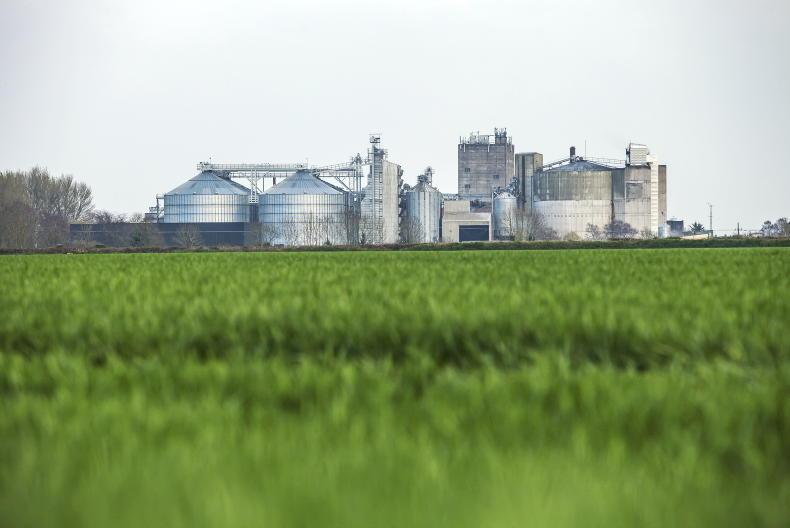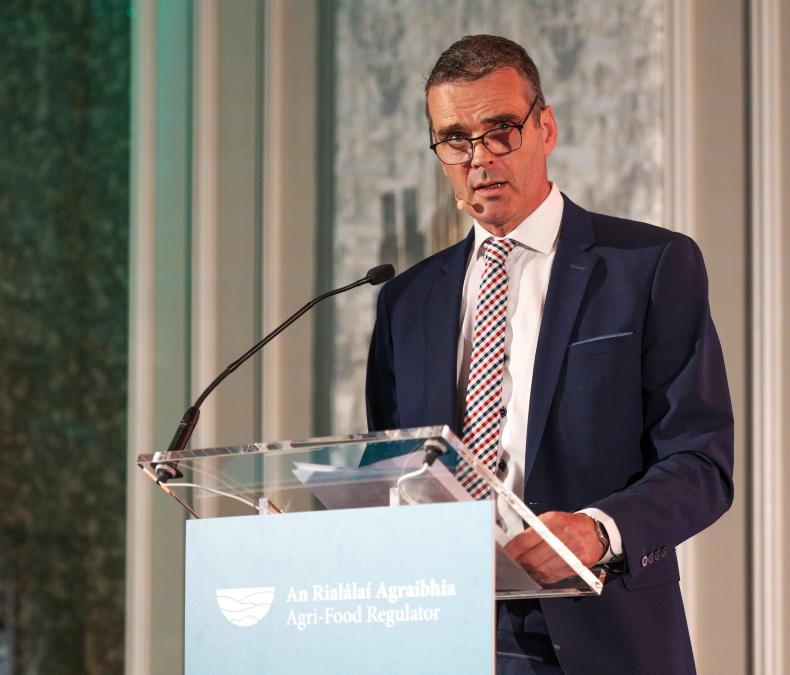The full exposure of Irish and European agricultural to world market forces is forcing us, as farmers, to consider where we fit in and how to make a sensible living.
There are a number of strands at play – markets, competitiveness and innovation.
Let’s start with the market. Europe is now a really significant net exporter of food and drink products. Nobody pretends that we collectively are the lowest-cost producers but it’s clear that the net surplus on our food and drink international trade is based on a perception of standards and quality among consumers worldwide.
Boortmalt
It was with a combination of astonishment and irritation that I read Andy Doyle’s interview with the head of Boortmalt say that he would not consider a minimum price for Irish malting barley as that would “remove the contact with the market”.
I found the comment incomprehensible in an era when the growth in demand, especially for Irish whiskey but also beer, is accelerating and the products are seen as premium in every meaning of the term. But, as farmers, we cannot exist on the basis of selling premium raw materials at world commodity prices and then seeing all the benefits imposed on our production systems claimed by processors.
The EU recognises this dilemma by the system of direct payments but it’s clear that something more fundamental needs to be done.
Tech sector solution
One possibility that is now being applied in the tech sector with Google and Facebook is that a payment in the form of a tax will be levied on sales. This is intended to go to governments in the case of Facebook and Google but there is no reason why it should not go to producers in the case of extremely profitable sales of milk powder, whiskey, etc. This would be a radical transformation in policy but when we see the Nestlé profits from the baby food Askeaton plant, or the growth in Irish whiskey exports or the tiny percentage accounted for by the price of barley in the pint of beer or stout, it’s clear that some new form of approach is needed. As regards competitiveness, Teagasc is doing an increasing amount of excellent work in isolating the competitiveness of various production systems in Ireland, the EU and the rest of the world. This is a really useful building block in creating awareness but when it is coupled with the denial of many modern innovative products in EU production, then we can get a real picture of the costs of compliance with EU rules while supplying products that drive premium businesses for others.
Glanbia
The only Irish plc that systematically distributes part of its plc profits to farmers is Glanbia – that of course is because of its farmers through the co-op own a significant proportion of the added value creating entity – the plc. But statutory policy options could be developed at EU level as the gaps between EU and world quality standards widen and as forecasts of pressures on farm incomes intensify despite the EU’s booming exports.









SHARING OPTIONS